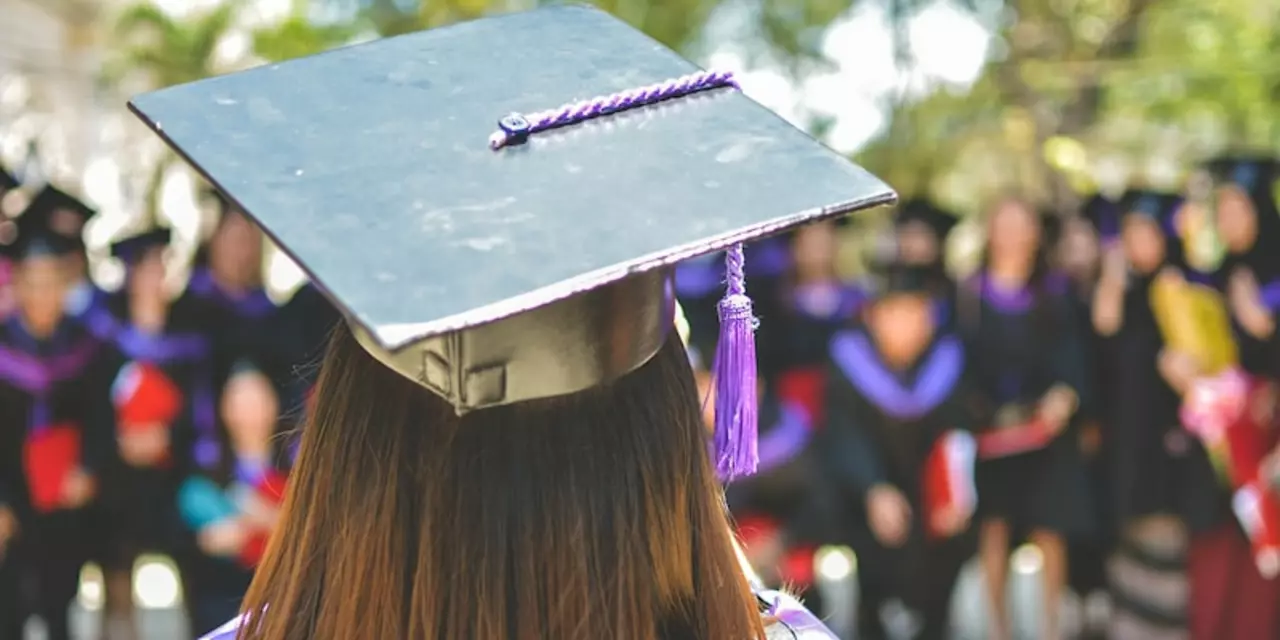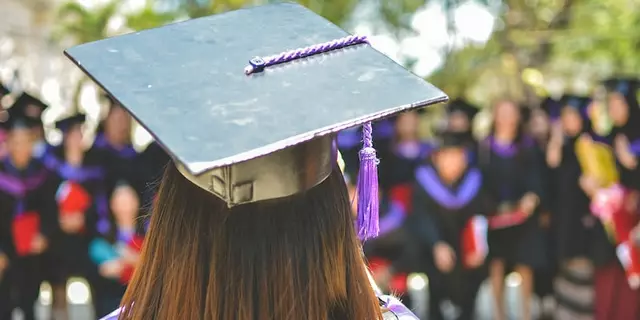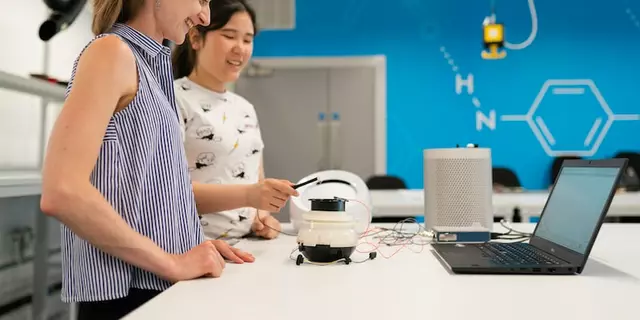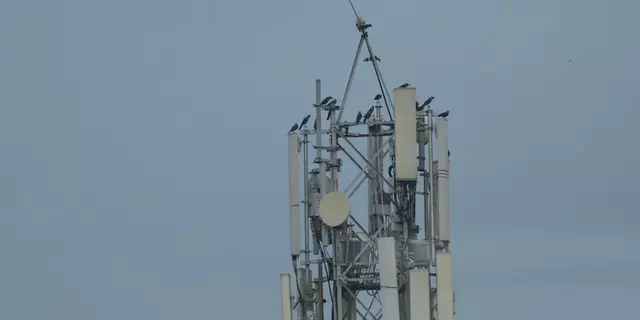Education is essential for success in life, yet ironically, the educational systems many students are exposed to are often lacking in quality. From overcrowded classrooms, to lack of resources and funding, to inadequate teacher training, the system is failing to create the optimal learning conditions for students. In fact, a survey conducted by the American Psychological Association found that nearly 1 in 5 students reported feeling overwhelmed by their course load and school assignments.
This issue is especially ironic when it comes to teaching students the value of education. Schools often preach the importance of learning and how critical it is for success in life, yet many students are not getting the quality learning experiences they need to reach their goals. This creates a disconnect between the messages schools are sending and the reality of the educational experience.
It’s not just the students who suffer from this irony. Teachers are also struggling in the system. Without adequate resources and support, they are unable to provide the best educational experiences possible. Even more ironic is that while teachers are expected to serve as mentors and role models, they are often not given the opportunity to do so in the system. This is a huge disservice to both students and teachers.
The irony in education is undeniable, and it’s something that needs to be addressed. Students need to be given the best learning experiences possible, and teachers need to be supported and given the resources they need to do their jobs. Until these issues are addressed, the irony of education will continue to exist.
It's no secret that higher education is expensive. The cost of tuition, textbooks, and other fees adds up quickly, making it difficult or even impossible for some people to pursue a college degree. But the most ironic part of the high cost of higher education is that it's actually preventing many people from achieving the very thing that could help them escape the cycle of poverty: a college degree.
It's especially tragic for those who have the potential to excel in college but simply can't afford to attend. The cost of tuition and other fees can be prohibitively expensive, and student loans are often not enough to cover all the costs. Without access to a college education, these individuals are locked out of the job market, preventing them from earning higher salaries and achieving the financial stability they need to support themselves and their families.
This is one of the most ironic parts of the education system. Education is meant to open doors and provide opportunity, yet in many cases it's the very thing that's preventing people from achieving their goals. It's a cruel irony, and one that should be addressed if we are to truly provide everyone with an equal chance at success.
One of the most ironic aspects of education is when teachers don't believe in what they are teaching. It's hard to think of a profession that requires a higher level of dedication and enthusiasm than teaching, and yet it's not uncommon for teachers to feel disconnected from their subject matter.
This is particularly true of those teaching subjects that don't necessarily align with their own beliefs or values. For example, a teacher may be assigned to teach a subject such as evolution or religious studies that goes against their own personal beliefs. As a result, they may be left feeling unmotivated and uninspired, leading to a lack of enthusiasm when teaching the subject.
This can have a negative impact on students, as they can sense when their teacher doesn’t have a strong belief in the subject. This can lead to a lack of engagement and enthusiasm from the students, which can have a detrimental effect on the quality of education they receive.
It is important for teachers to be passionate about the subjects they teach, as this is the best way to inspire students and ensure they receive the highest quality of education. Even if a teacher doesn’t necessarily believe in what they are teaching, they should still be able to convey the material in an engaging and enthusiastic manner.
Education is supposed to be a level playing field for everyone, but that isn't always the case. The most ironic thing in education is the fact that some students are expected to succeed despite having unfair advantages due to their privilege.
This is especially true in college, where students from wealthy backgrounds often have access to resources that students from less privileged backgrounds do not. These resources can include tutoring, special programs, and even monetary gifts that can be used to pay for tuition or living expenses. These advantages are not always available to everyone, and yet all students are expected to be successful.
This irony can also be seen in the way that students from different backgrounds can experience different levels of success in their academic endeavors. For example, a student from a low-income family may have to work multiple jobs in order to make ends meet, while a student from a wealthy family may have all of their expenses paid for and have plenty of time to focus on their studies.
The irony in this situation is that even though both students have the same educational opportunities, the student with the privilege is more likely to be successful due to the advantages they have been given. This is not only unfair, but it is also an example of the most ironic thing in education: how students are expected to succeed despite unfair advantages.
Education should be a fair and equitable opportunity for everyone, but unfortunately, this is not always the case. The most ironic thing in education is the fact that some students are expected to succeed despite having unfair advantages due to their privilege.




